| |
Applications are announced by the International Relations Office at the beginning of each academic year. Applications are submitted online within the specified dates. |
| 2 |
Who is eligible to participate in Erasmus+ mobility? |
| |
All students who are enrolled at the time of application and have a GPA of at least 2.20 (undergraduate) or 2.50 (graduate) can apply. |
| 3 |
What is the difference between grant-funded and non-funded Erasmus students? |
| |
Grant students receive financial support determined by the National Agency. Non-grant students participate without financial support. |
| 4 |
When and how will I receive the Erasmus+ grant? |
| |
After signing the grant agreement, a percentage of the grant is paid initially; the remaining amount is paid upon successful completion. |
| 5 |
What is the Learning Agreement and how should it be completed? |
| |
It is an official document listing the courses a student will take at the host university and their equivalents at the home university. |
| 6 |
Which documents do I need to prepare? |
| |
Required documents include the application form, up-to-date transcript, language certificate, and motivation letter. |
| 7 |
How are the courses I take abroad recognized at my home university? |
| |
Academic recognition is granted by the Faculty/Institute Board once the pre-approved courses are successfully completed. |
| 8 |
What should I do if I decide to withdraw from the program? |
| |
Students withdrawing after the official deadline must notify the Office in writing. Those who received grants must return the funds. |
| 9 |
Is participation in the orientation meeting mandatory? |
| |
Yes, participation is mandatory as these meetings provide essential information on the Erasmus+ process. |
| 10 |
Can I go to any university or does it have to be a partner institution? |
| |
Yes, students can only go to partner universities with a valid bilateral agreement. |

